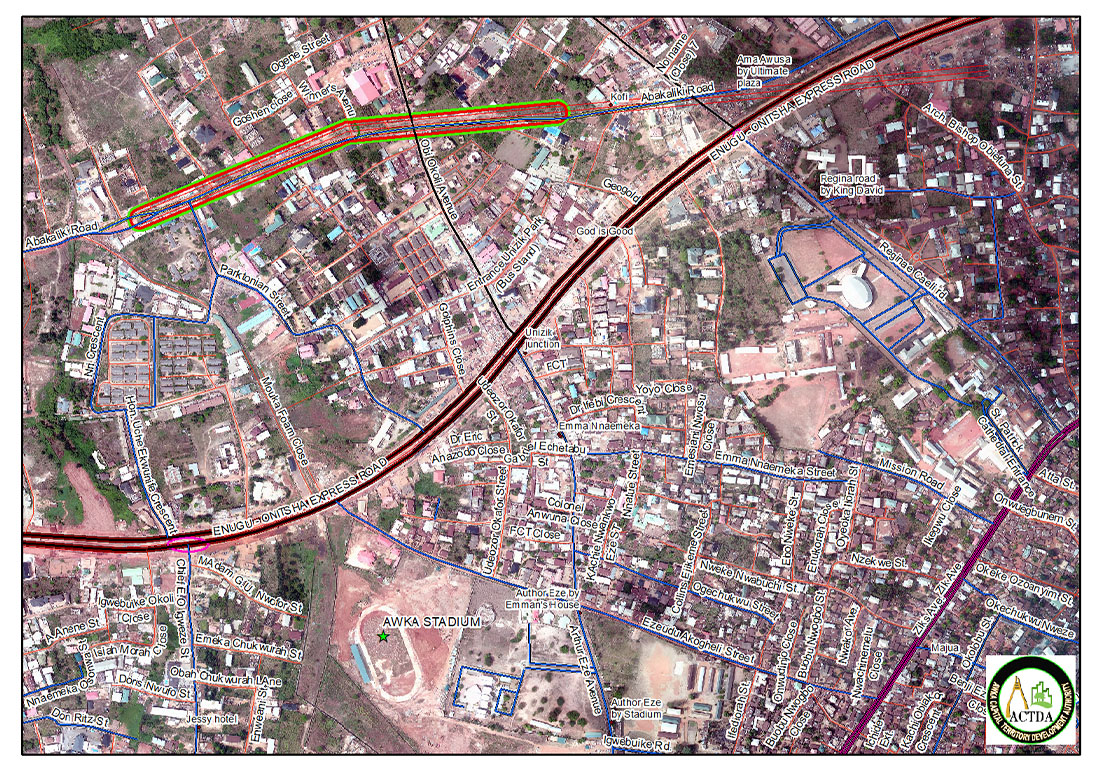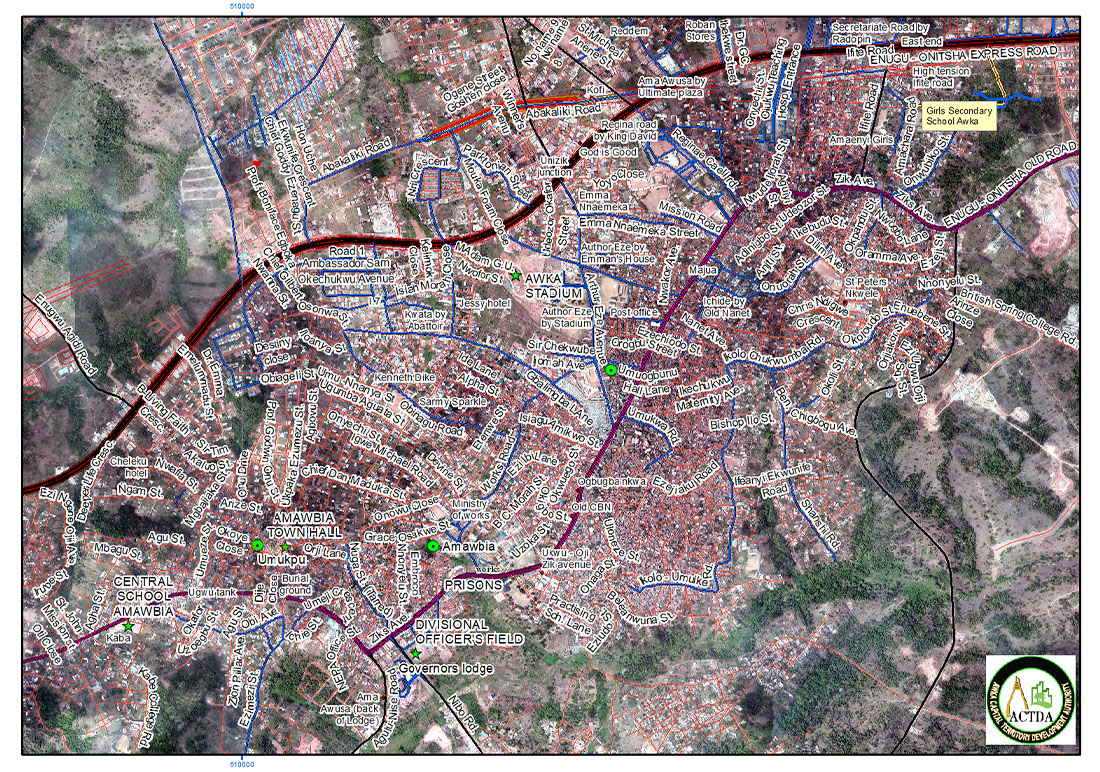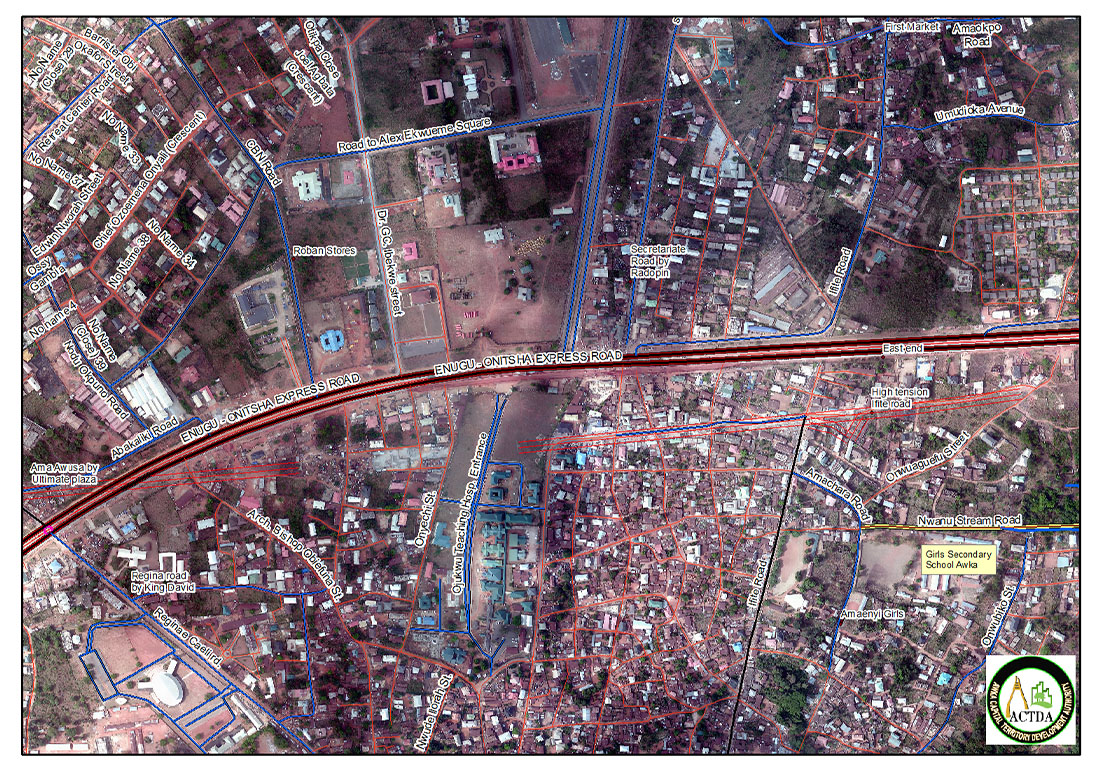Introduction
Climate resilience is the capacity of social, economic, and ecological systems to cope with hazardous events, trends, or disturbances related to climate. It involves responding or reorganizing in ways that maintain their essential function, identity, and structure, while also maintaining the capacity for adaptation, learning, and transformation.
For ACTDA, a city planning and development control agency, integrating climate resilience into urban planning is crucial. It ensures that the city’s infrastructure, communities, and ecosystems can withstand and adapt to the increasing challenges posed by climate change.
Strategies for Enhancing Climate Resilience
- Risk Assessment and Management: Conducting comprehensive risk assessments to identify vulnerabilities and prioritize interventions.
- Resilient Infrastructure: Designing and constructing infrastructure that can withstand extreme weather events and long-term climate shifts.
- Sustainable Urban Planning: Incorporating green spaces, permeable surfaces, and biodiversity to reduce urban heat islands and improve air quality.
- Community Engagement: Involving local communities in resilience planning to ensure that solutions are equitable and tailored to specific needs.
- Policy Integration: Aligning local policies with national and international frameworks, such as the Paris Agreement and the Sustainable Development Goals, to create a cohesive approach to climate resilience.
Measuring Climate Resilience
To track progress and effectiveness, ACTDA can utilize tools like the Resilience Index Measurement and Analysis (RIMA) and the Livelihoods Change Over Time (LCOT), which provide objective metrics for resilience. Additionally, subjective approaches like the Subjectively Evaluated Resilience Score (SERS) can capture people’s perceptions of resilience.
Conclusion
Climate resilience is not only about recovery but also about proactive preparation and transformation to address the impacts of climate change. For ACTDA, this means adopting a multi-faceted approach that includes robust planning, community involvement, and policy alignment. By doing so, the agency can help build a city that is not only climate-resilient but also sustainable and thriving for future generations.
For further reading and resources on climate resilience, ACTDA can refer to the comprehensive articles provided by the Center for Climate and Energy Solutions and the Union of Concerned Scientists.




